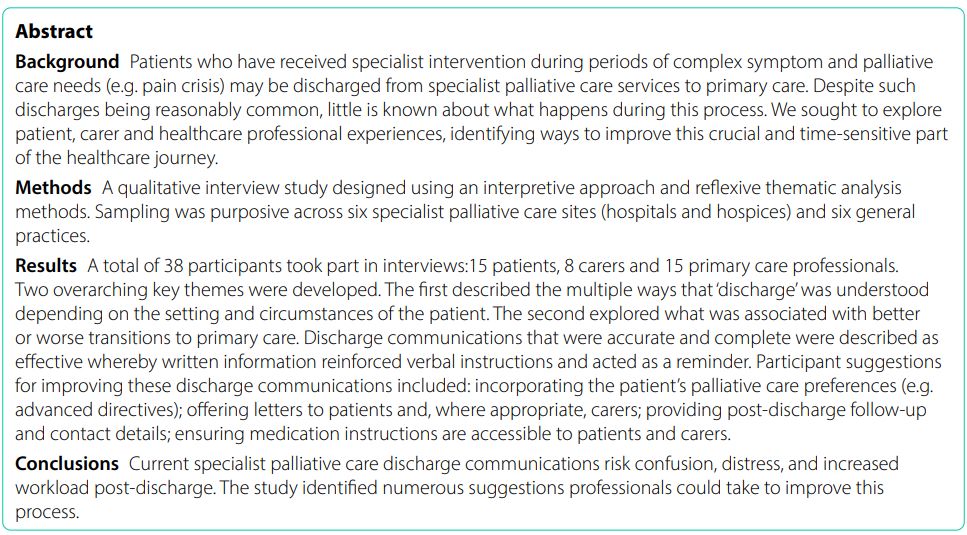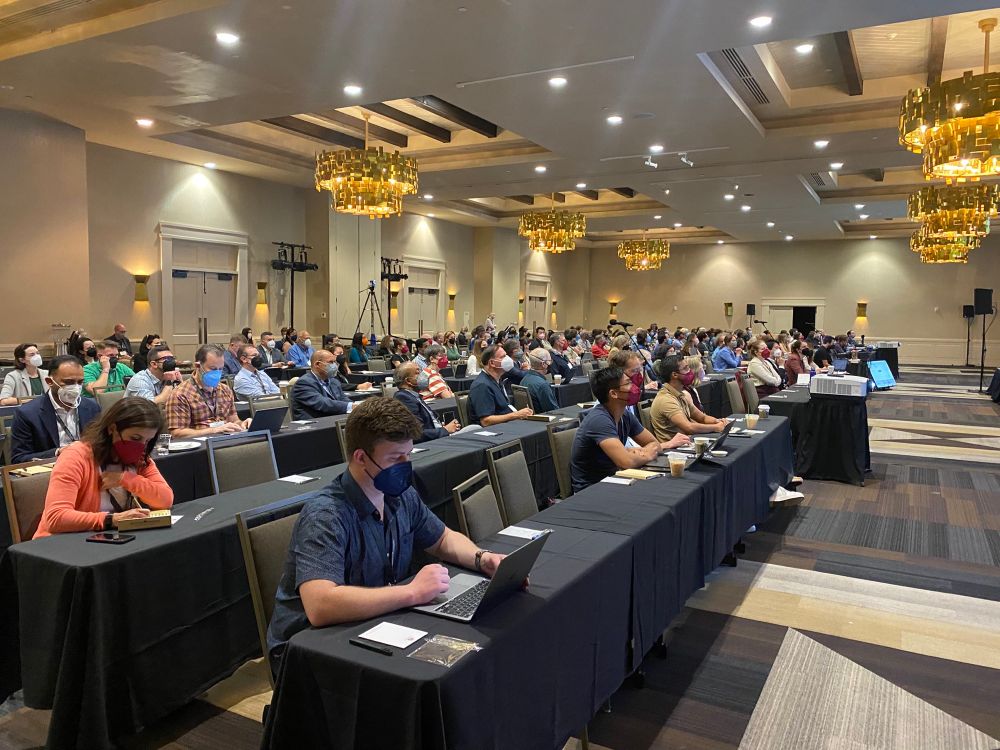John MacArtney
@johnmacartney.bsky.social
860 followers
320 following
84 posts
Marie Curie Associate Professor
Sociologist of dying, palliative and end-of-life care, and bereavement.
https://warwick.ac.uk/fac/sci/med/staff/jmacartney
Posts
Media
Videos
Starter Packs
Pinned
John MacArtney
@johnmacartney.bsky.social
· Feb 24
Reposted by John MacArtney
Reposted by John MacArtney
Reposted by John MacArtney
Reposted by John MacArtney
Reposted by John MacArtney
Reposted by John MacArtney
Reposted by John MacArtney
Reposted by John MacArtney
Reposted by John MacArtney
Reposted by John MacArtney
John MacArtney
@johnmacartney.bsky.social
· Aug 28
Reposted by John MacArtney
Reposted by John MacArtney
Reposted by John MacArtney
Reposted by John MacArtney
John MacArtney
@johnmacartney.bsky.social
· Aug 20
John MacArtney
@johnmacartney.bsky.social
· Aug 20
Reposted by John MacArtney
Christophe Veltsos
@drinfosec.bsky.social
· Aug 19

Why scientists are rethinking the immune effects of SARS-CoV-2
“Immunity debt,” a theory to explain the global surge in non-covid infections since pandemic restrictions were lifted, is increasingly being challenged by emerging evidence. Nick Tsergas reports
Myco...
www.bmj.com
Reposted by John MacArtney
Kelly
@broadwaybabyto.bsky.social
· Aug 13
Reposted by John MacArtney
Reposted by John MacArtney
Kelly
@broadwaybabyto.bsky.social
· Aug 11












